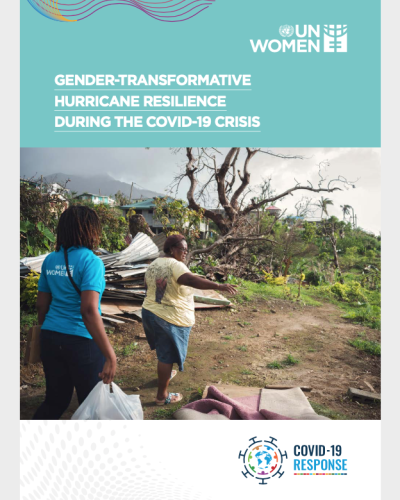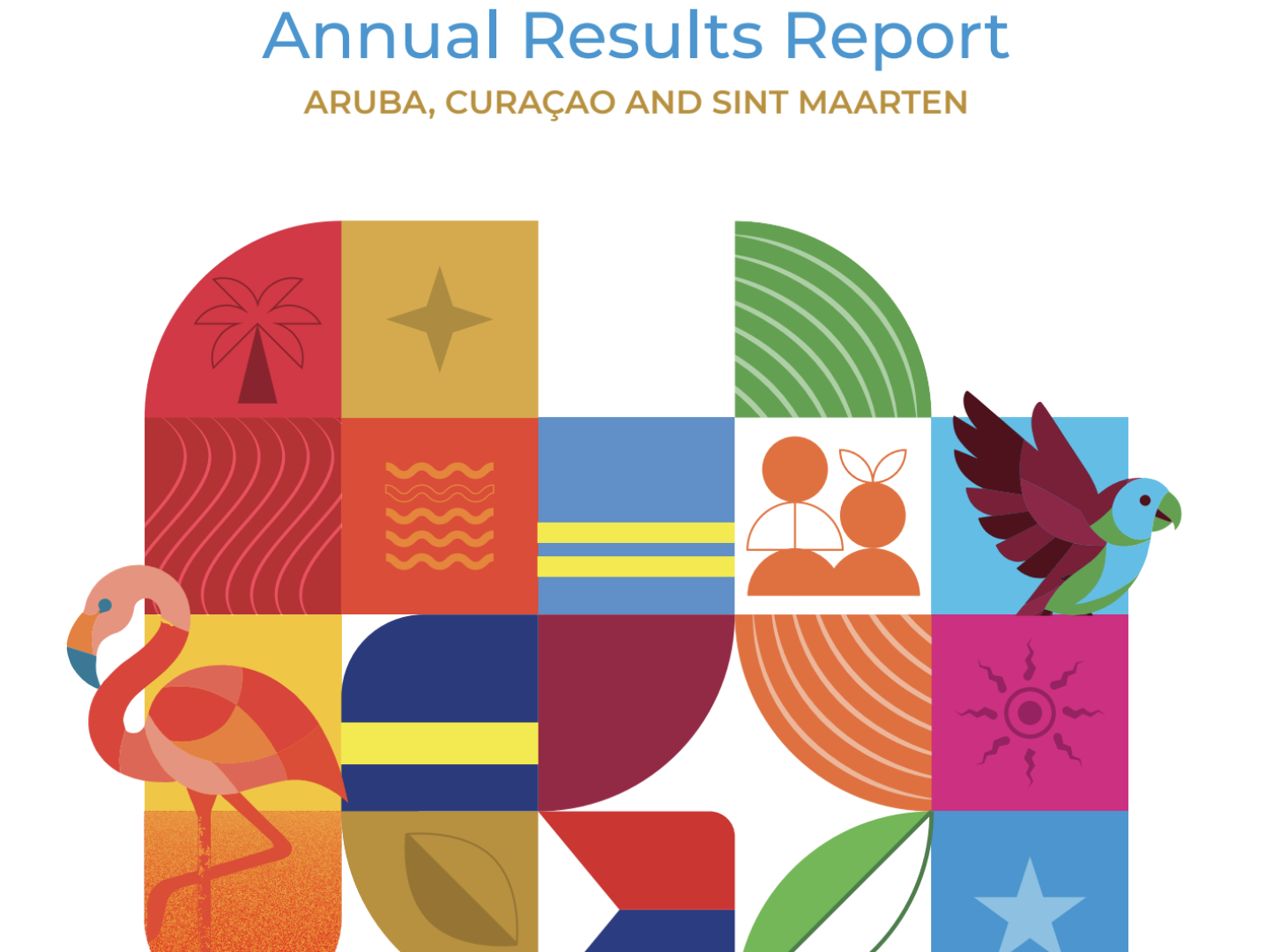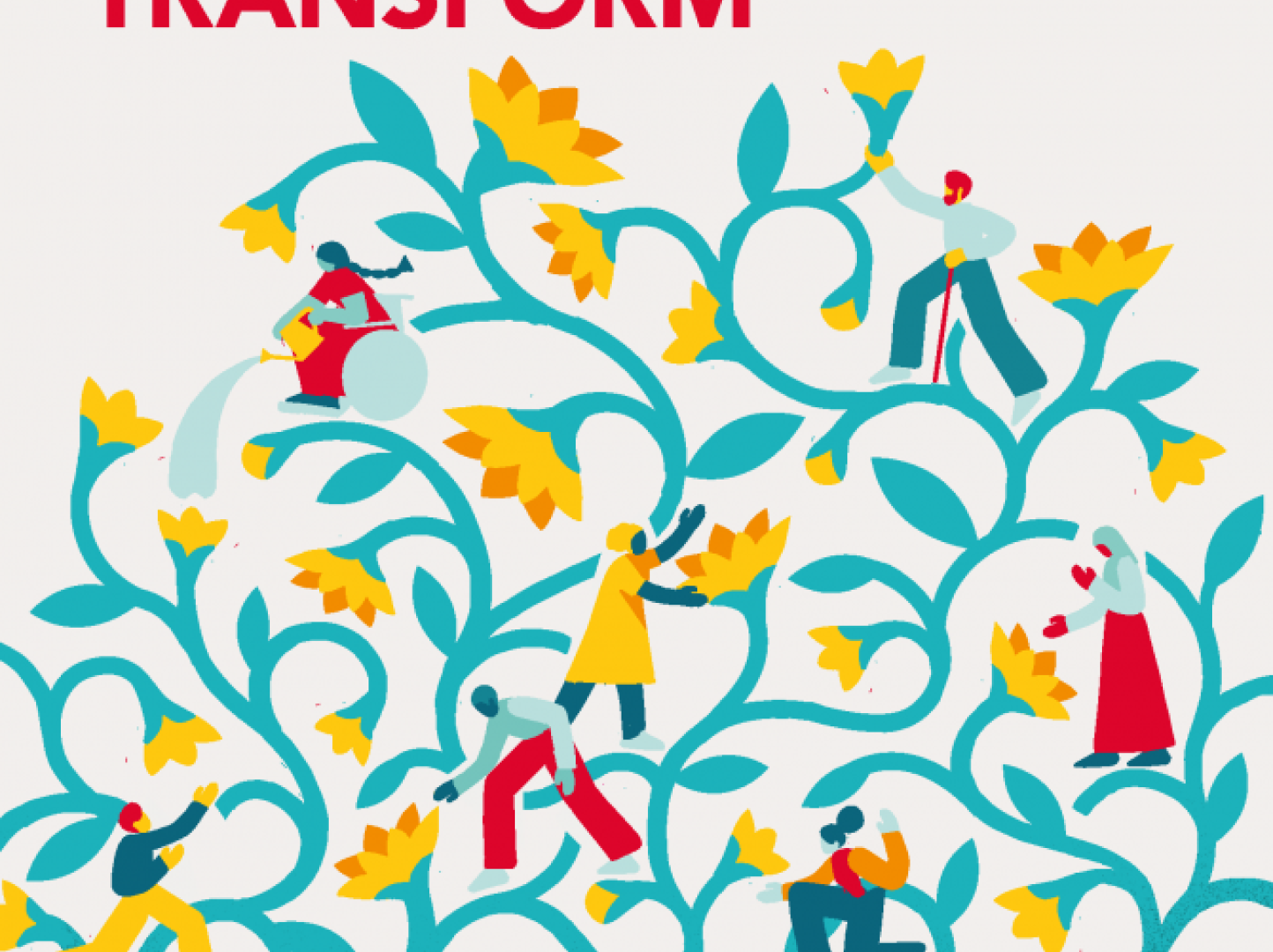Gender-Transformative Hurricane Resilience During the COVID-19 Crisis

Avoid. Reduce. Transfer. Assume. These terms are used to describe decisions we make in our daily lives about managing risk, including disaster risk. The impact of natural hazards is not only influenced by their intensity, but also by people’s vulnerability, which is directly related to socio-economic factors influencing exposure and the ability to recover. These factors also include elements of gender inequality.
Many Caribbean countries are still in recovery mode from the impacts of environmental hazards, such as hurricanes and tropical storms, which caused more than US$118 billion in damage and losses over the past 3 years (CDEMA, 2020). Against this backdrop, Caribbean countries and their people, women, men, boys and girls alike are now managing responses to the unprecedented 2019 Novel Coronavirus (COVID-19), which has been described by the Honourable Mia Mottley, Chair of CARICOM and Barbados’ Prime Minister, as “the most destabilizing event for our countries, probably since World War II,” during a live CNN Interview on 29 April 2020.
Physical distancing and quarantine measures, curfews, border closures and virtual engagements have become paramount to saving lives and livelihoods as a result of the COVID-19 crisis. While these restrictions are critical in reducing the spread of COVID-19, they have had a detrimental impact on the Caribbean economy, citizen security and gender equality. Tourism, which contributes to more than 25% of most Caribbean countries’ GDPs has stalled, a significant number of women who are the majority in the informal sector are now unemployed and, a stark increase in violence against women and children has been reported during the lockdown.
The extent of the socio-economic fallout from the COVID-19 pandemic has begun to shape the “new normal” for CARICOM Member States. A 1.5% contraction of Gross Domestic Product has already been estimated by the Economic Commission for Latin America and the Caribbean (ECLAC, 2020). The disruption of international and regional supply distribution chains due to halts in manufacturing plants and business operations in tourism for example, will also result in significant shortages and/ or increased cost of goods and materials, and further hits to economies across the Caribbean region.
While governments balance this “new normal,” there is also an ‘above-average’ forecast for the 2020 Atlantic Hurricane Season, which takes place from June 1 to November 30. Two weeks before the official start of the Hurricane Season, Tropical Storm Arthur, the first named storm for 2020, forced authorities and communities to speed up their prevention and preparedness measures to prepare for impact. In the face of these challenges, cost-effective prevention and preparedness measures are critical. Experience shows that gender-responsive prevention and preparedness leads to more effective local and national response and better management of infectious diseases. To this end, women’s leadership and contributions are critical to curbing infection rates and enabling resilience and recovery.






